USA - When Rivers Can’t Be Controlled, Farmers Are Left In Limbo
01.04.2016 131 views
2024 AgroInsurance International Conference: New Partners and Agenda updates
26.02.20242024 AgroInsurance International Conference will take place on June 3-5, 2024 in Belgrade, Serbia, at the Hyatt Regency Hotel. Planet Labs (USA) and GAF AG (Germany) are sponsors of our conference. Agremo (Serbia) has been confirmed as the Organization Partner. More partners and sponsors to be announced in March 2024.

Spain - 30% of La Palma's banana production has already been lost due to the advance of the lava
14.10.2021More than three weeks after the Cumbre Vieja volcano erupted, the lava that continues to flow from its interior continues to devastate everything in its path, destroying houses, infrastructure, and banana plantations. The production of Platanos de Canarias is the economic engine of the island, accounting for 50% of its GDP and 30% of the jobs on the island.
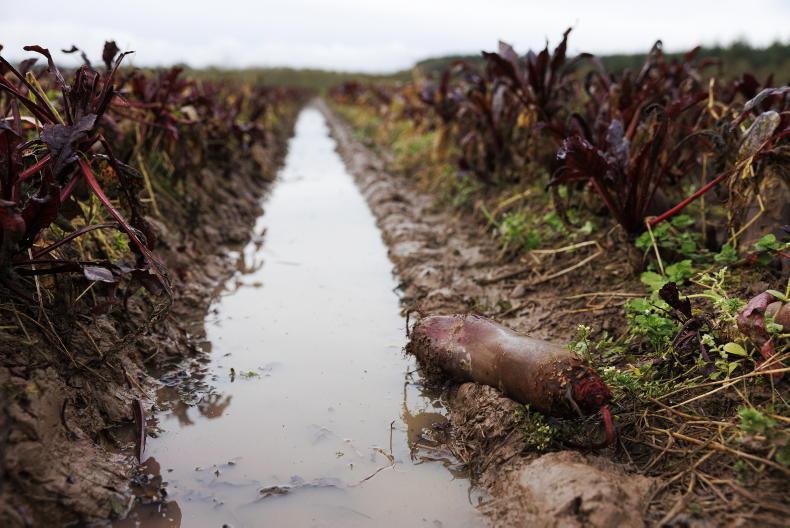
Ireland - A wrong decision for the sake of just getting crop in the fields could end up a very costly mistake
Ireland has seen one of the wettest periods in recent history, with record rainfall every month since the beginning of the year. 47mm has already fallen this month, and the monthly average for April is 50mm. Growers should be planting by now, but the rain keeps falling, and the fields are waterlogged.

Poland - Blueberry harvest is under risk of loss
Exceptionally warm weather in March and early April 2024 in Poland has significantly accelerated vegetation of the plants. Jagodnik.pl says that some blueberry varieties began flowering as much as 4 weeks earlier than usually.
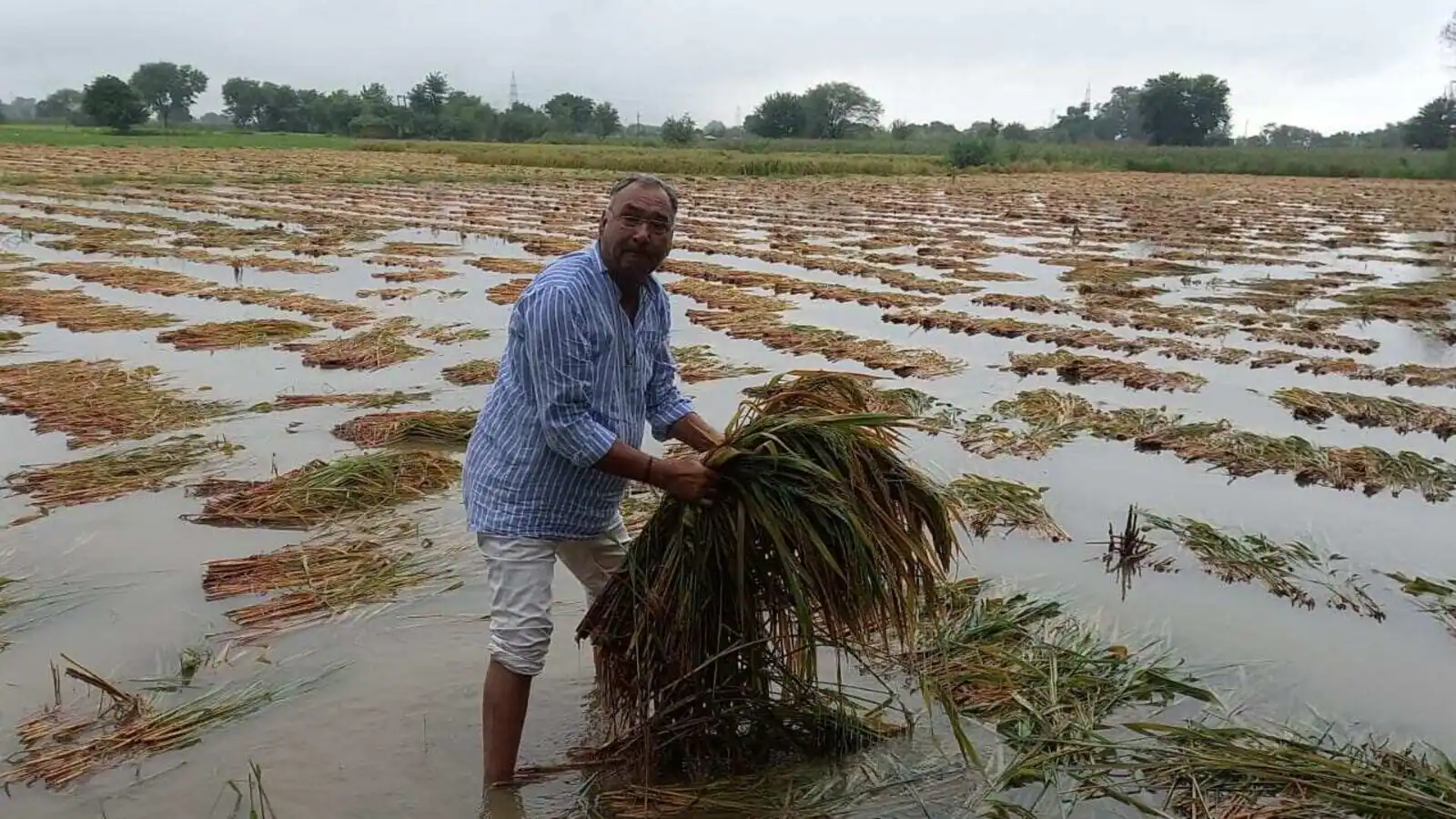
India - Unseasonal rain destroys 38K ha of crops, poses new challenge for ruling alliance
Unseasonal rains and thunderstorms have wreaked havoc in agricultural fields of western Vidarbha and Marathwada causing crop damages of 38,000 hectares. Some of the worst-hit areas, include Washim, Amaravati, Jalna, Sambhaji Nagar and Beed, where crops like maize, onion, fruits and vegetables are affected.
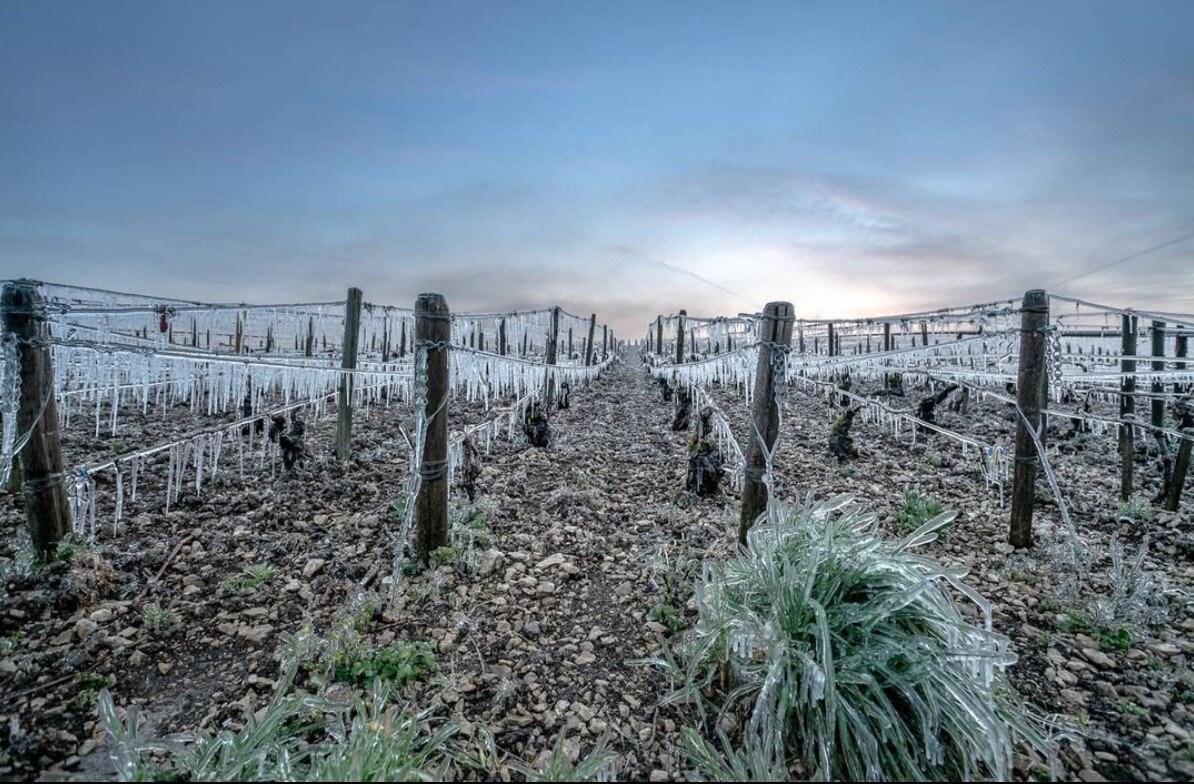
Canada - Wineries pull together amid devastating loss of 2024 vintage
With seasons shifting and spring arriving, farmers in the Okanagan are holding their breath while they await the annual time of “bud break” — the emergence of buds on the vines.

India - Rains continue in Marathwada, Vidarbha; heaviest in Yavatmal at 63 mm
Amidst a yellow alert, moderate showers continued to sweep Marathwada and Vidarbha on Saturday, with the heaviest rain registered in Yavatmal district. With unseasonal hailstorms, rains and gusty winds lashing the region for the 3-4 days, several pockets have experienced extensive crop damage.

Australia - Lawmakers seek $45 million in aid for citrus growers impacted by fruit fly quarantine
Lawmakers hoping to aid citrus growers impacted by the Oriental fruit fly quarantine in the Redlands area and elsewhere in the state have asked Gov. Gavin Newsom to step in.
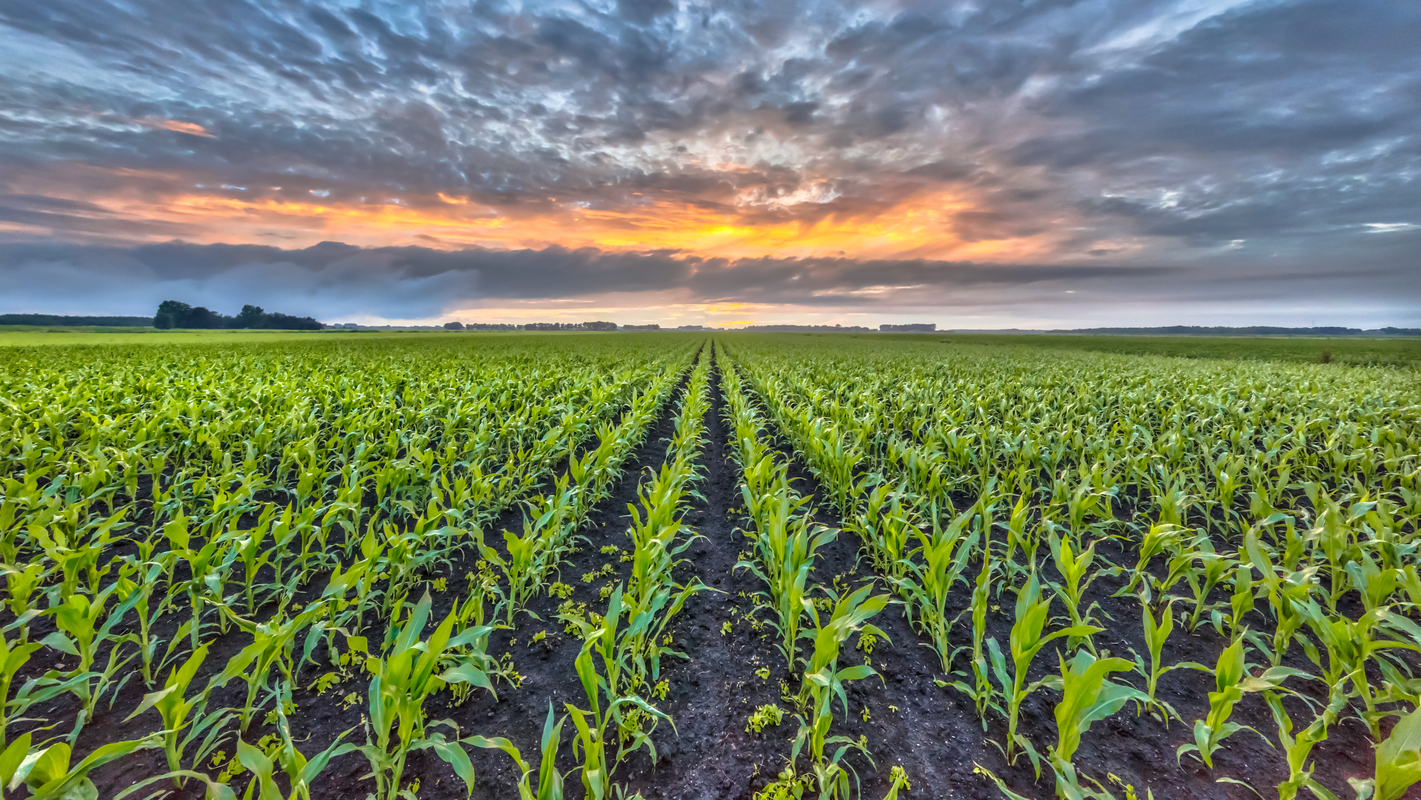
UAE - ADAFSA advises farmers to pay heed to fluctuating weather conditions in Abu Dhabi
Given the recent weather fluctuations, the Abu Dhabi Agriculture and Food Safety Authority (ADAFSA) has released a comprehensive set of guidelines tailored to farmers and livestock breeders. These aim to safeguard crops, livestock, and workers amidst varying weather conditions.
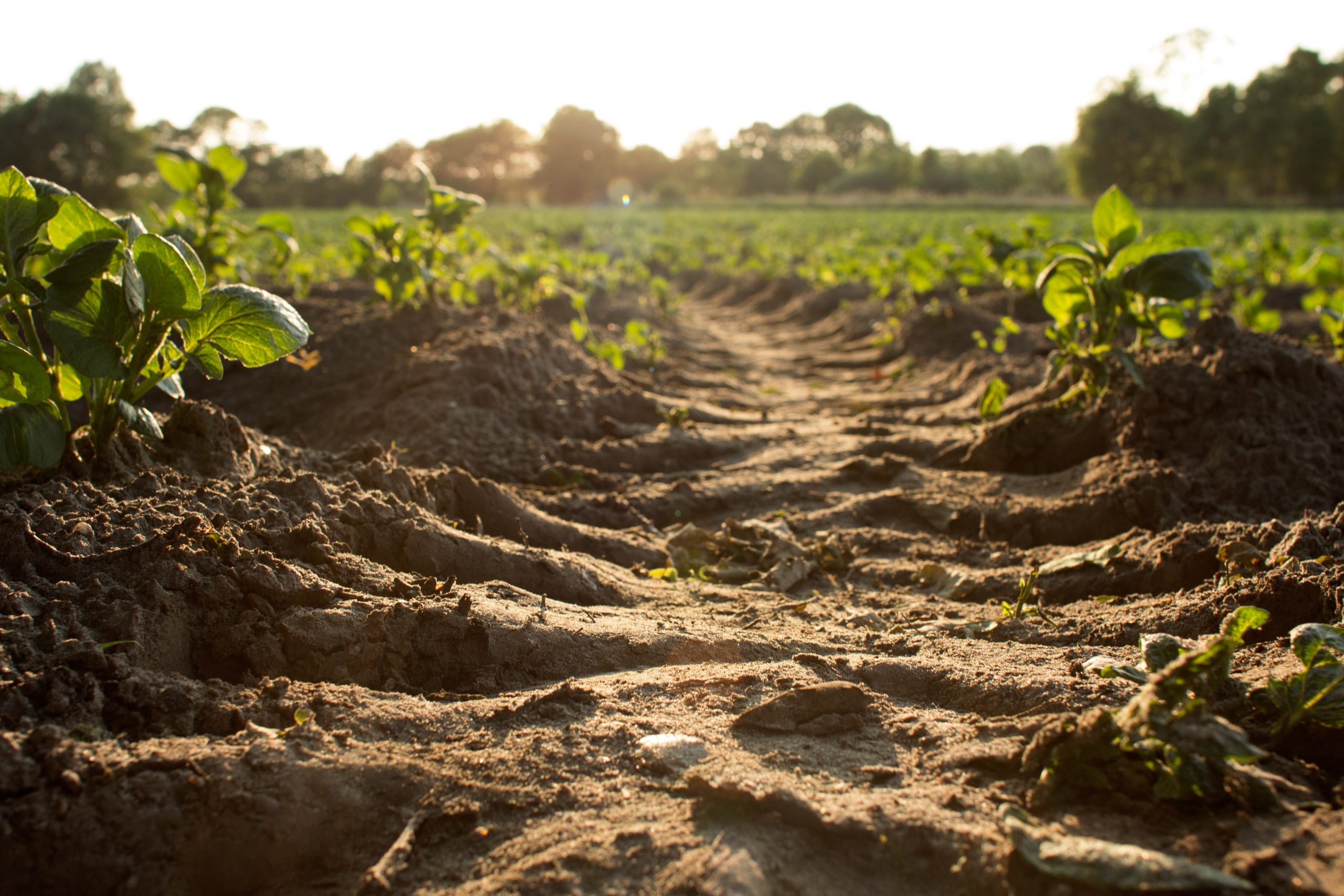
India - Over 1,500 sq km of land lost to ‘catastrophic’ soil erosion
A new study has revealed a worrying trend for India’s soil health. Nearly 30 per cent of the country’s landmass is experiencing “minor” soil erosion, while a critical 3 per cent faces “catastrophic” topsoil loss, according to the research.



